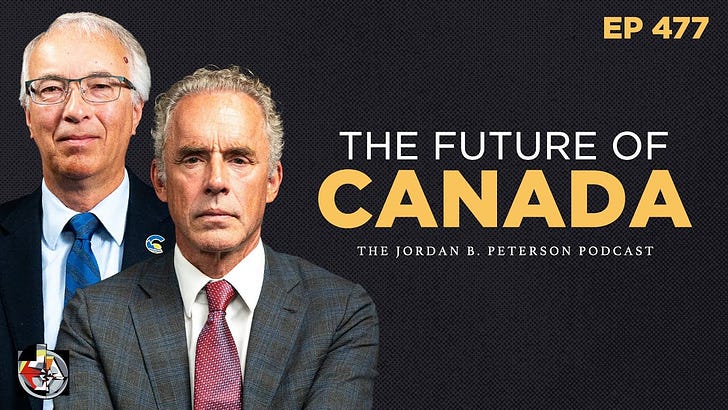What the upcoming British Columbia election could mean for Canada
Can the BC Conservatives take power?
In October, there will be a state election in Queensland and a provincial election in BC, both of which with ramifications for the parties currently in power in Canberra and Ottawa respectively. To be sure, the Queensland vote looks pretty certain - polls predicting a landslide Labor defeat and LNP win - likely to cause headaches for the underwhelming Labor government of Anthony Albanese, although how much of a headache remains to be seen.
The BC vote, however, could be more interesting as polls now show a close race between the ruling NDP and the surging BC Conservatives. Technically/legally, the BC Conservatives are not a “new” party since a party of that name has existed in some form or another for over a century. However, to understand the provincial party system, the anti-socialist “free enterprise” forces (conservatives and liberals) coalesced into the Social Credit Party which dominated the province for all but one term from 1952 to 1991, making it one of the longest political dynasties in Canada.
In 1991, the Social Credit dynasty collapsed and the party withered away as conservative voters drifted to the BC Liberal Party who won power in 2001 and stayed in office for 16 years. The party has floundered since losing office, searching for a way back to power. Recently, they rebranded as BC United - probably to dissociate themselves from the “Liberal” brand which has become toxic west of Ontario - but that rebranding has proven a spectacular failure.
The BC Conservative Party was long dormant but in 2009 was brought back to life by conservative activists who tried to offer a “harder” alternative to Gordon Campbell’s liberals. However, its most recent reactivation came amidst Liberal/United infighting and the defection of MLA John Rustad to the party. Rustad is now leader of the BC Conservatives, and has built a coalition reminiscent of the old Social Credit Party and to some extent Campbell era Liberals.
Such has been the surge in support for the “new” Conservatives that Kevin Falcon’s BC United, still the Official Opposition in the Legislature, has chosen to suspend campaigning in favour of the Conservatives. This is because of the electoral system, and the risks of splitting votes on the Right which would help the NDP.
The result is a close two-horse race between the NDP and Conservatives, and the possibility that the “new” party could actually win government. It would also mean that eight out of ten provinces would come under some form of conservative government, amidst the huge unpopularity of the federal Liberal government of Justin Trudeau.
British Columbia is likely to vote strongly Conservative at the next federal election, whenever that happens. Outside of Toronto and Montreal, the Liberal Party of Canada which once dominated Canadian politics is facing an existential crisis, compounded by the weakness of provincial liberal parties (only one of which is currently in government).
Justin Trudeau faces calls to step aside, but has so far refused to do so. The recent resignation of the Liberals’ national campaign director Jeremy Broadhurst was the latest blow. Party insiders have likely resigned themselves to the inevitable defeat, the question remains how much of the Liberal Party of Canada will there be left when the next election falls?


